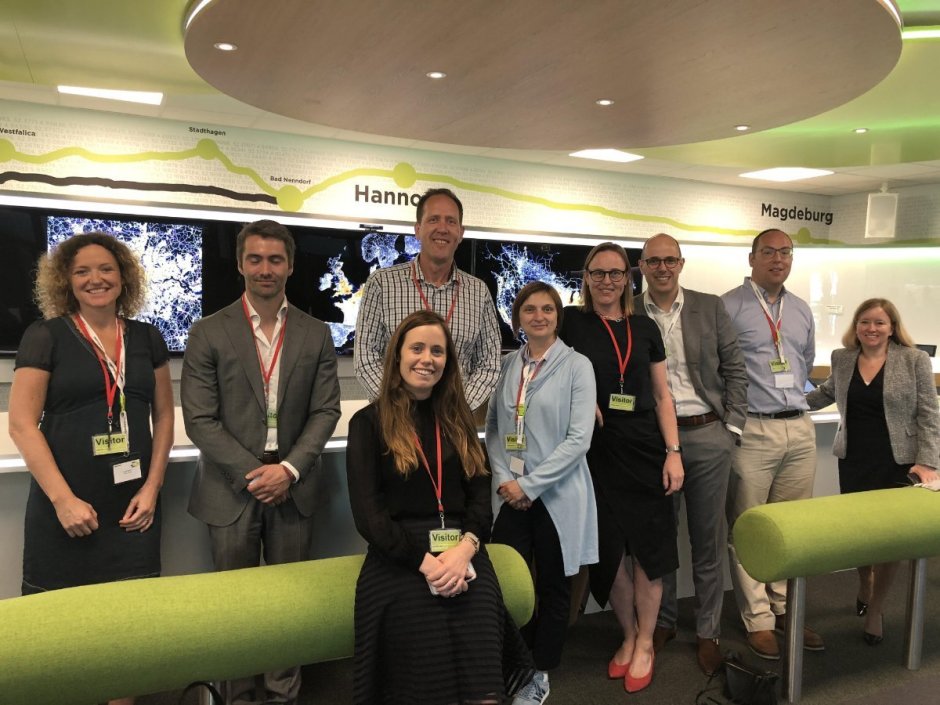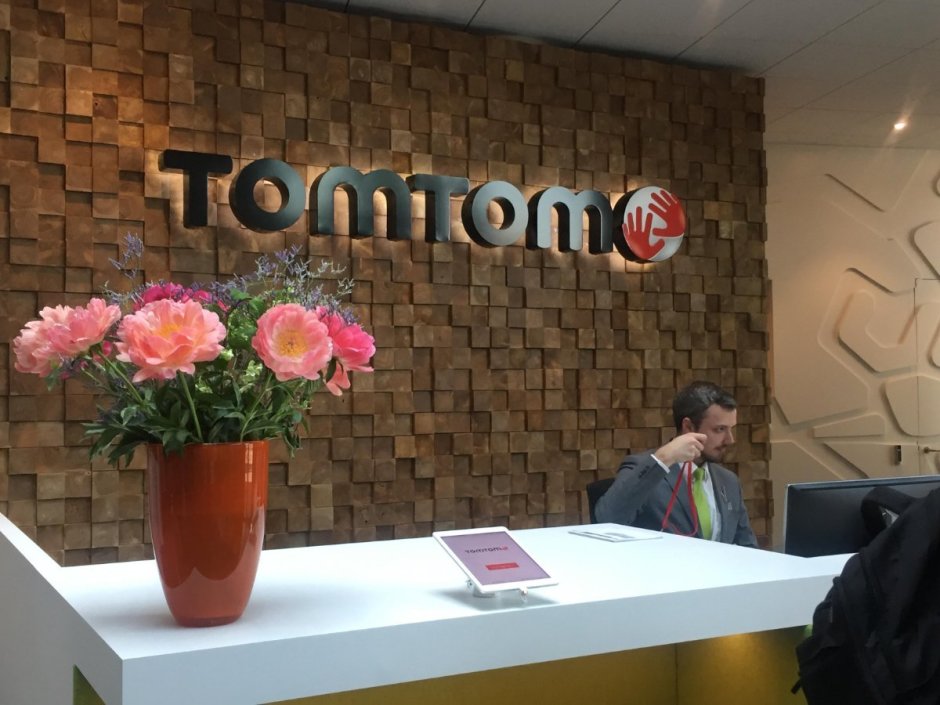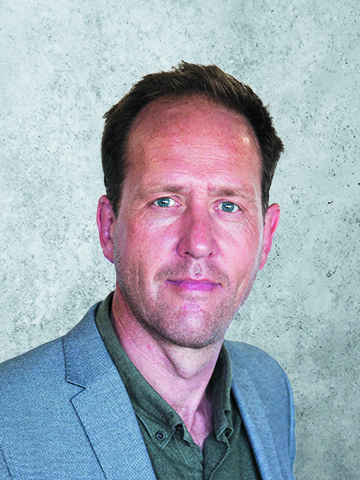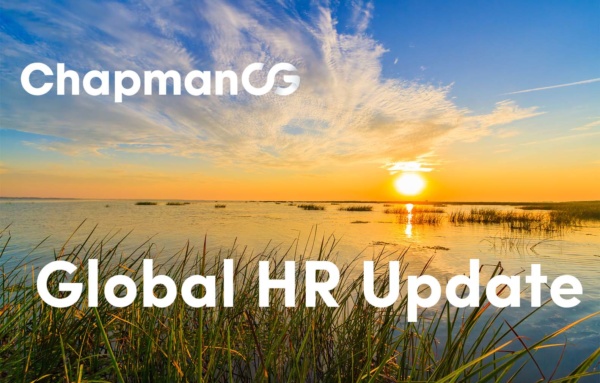Employee engagement is central to ensuring the rewards function can adapt to our changing workforce, according to rewards leaders at a recent ChapmanCG event.
Mairead MacLure, VP Reward & HR Operations, co-hosted the discussions at TomTom’s headquarters in Amsterdam and was joined by leaders from ABN AMRO, Arcadis, Booking.Com, JDE, LeasePlan, NetApp, Philips Lighting, TEVA, Willis Towers Watson and others.
Tailored choice
Traditionally, many rewards functions have offered compensation and benefits that are ‘one size fits all’. However, as we have seen in the consumer sphere, there has been an evolving need to provide more choice tailored to individual needs.
To be able to provide sensible options, we need to understand the workforce and what drives them. The workforce can be broken into so many different segments, all with different values. For example, baby boomers who value their pensions, and millennials who may not consider pensions as being so important at their current stage of life.
Engaging employees
Modern rewards strategies can play a key role in employee engagement and helping employees to feel valued. This can range from everything from salary, pension plans and stock options through to wellness programs.
Employee surveys continue to be a key method for engaging employees around their preferred rewards framework.
One organisation shared how the data they received through their survey and focus groups was then used to create employee personas, often grouped into countries and professions. These personas included what that person might find important, what would make them stay, and what a rewards program would look like for them. This helped to ensure the needs of a diverse range of employees could be taken into account when building the rewards program.
Flexibility and the role of education
Providing employees with flexibility in the benefits they choose is a growing consideration. This could potentially be provided through self-service technology, which could also help to increase engagement.
Flexibility also creates implications in terms of training and education. For example, some employees say they want lots of rewards choices. However, they may look at these at the start of their employment and then not remember to update these as they develop in their career and progress to different life stages.
Attendees agreed that organisations need to take responsibility in educating their workforce of the potential positive and negative elements of different rewards choices. This can help to minimise negative sentiment over the longer term, for example if people do not have enough of a pension to retire on, or if the value of stocks reduce so much they do not see their investment or salary sacrifice as a worthwhile one in hindsight.
There is always an argument for trying to keep rewards programs as simple, clear and straight forward as possible to help employees understand the potential implications of their decisions.
A huge thank you to TomTom for hosting the session, and for the demonstration of their new technology that is being used to power platforms such as Google and Uber.


Key Contributors:
 Andrea Merrigan
Andrea Merrigan Orelia Chan
Orelia Chan Stanislav Medvedev
Stanislav Medvedev Fleur Daniell
Fleur Daniell Finian Toh
Finian Toh Tim Rayner
Tim Rayner Nicola Hasling
Nicola Hasling Stefanie Cross-Wilson
Stefanie Cross-Wilson
 René Rosso
René Rosso


